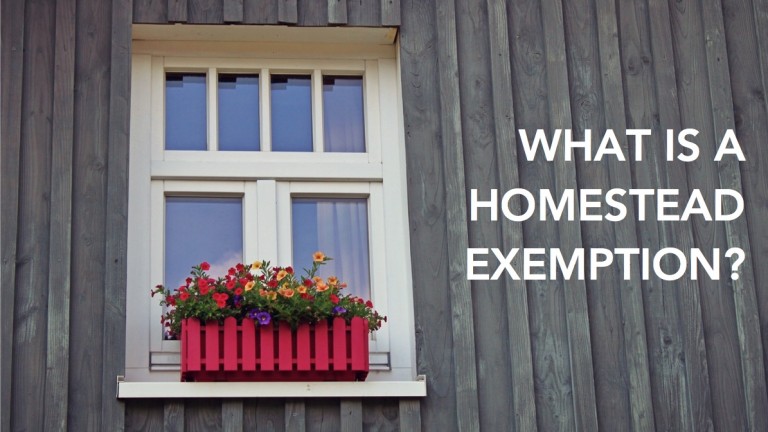

Updated on August 3, 2022
A homestead exemption operates to protect a homeowner’s equity in their home from a forced sale – it effectively “exempts” a portion of the homeowner’s equity in their residence from creditors trying to enforce a judgment. There are two types of exemptions: (1) the automatic residential exemption (“Automatic Homestead”); and (2) the declared homestead (“Declared Homestead”).
Homeowners automatically receive the benefits of an Automatic Homestead. The Automatic Homestead arises by operation of law when a party’s principal dwelling is subject to a forced sale.
In contrast, the Declared Homestead requires that a party record a declaration stating, among other things, that the residence is the principal dwelling of the declarant or his or her spouse and that the declarant or his or her spouse resided in the declared homestead on the date the declaration is recorded.
The amount of a homestead depends on the status of the person asserting the benefit of the exemption at the time of the attempted involuntary sale of the property. There are also other distinctions between Automatic Homesteads and Declared Homesteads based on when each status arises and when the judgment lien attached.
Schorr Law has experience with a variety of real estate matters. To inquire about a 30-minute consultation contact us by phone at (310) 954-1877 or by using our Contact Form.